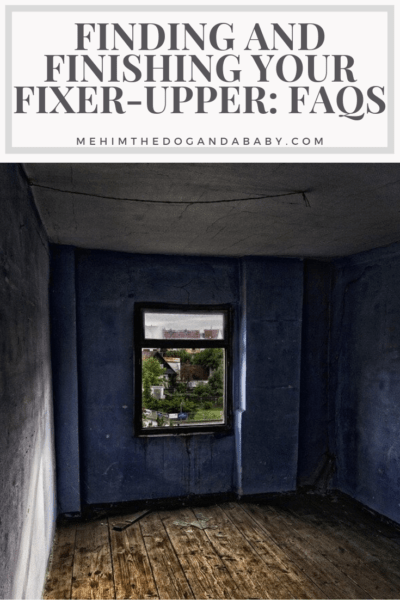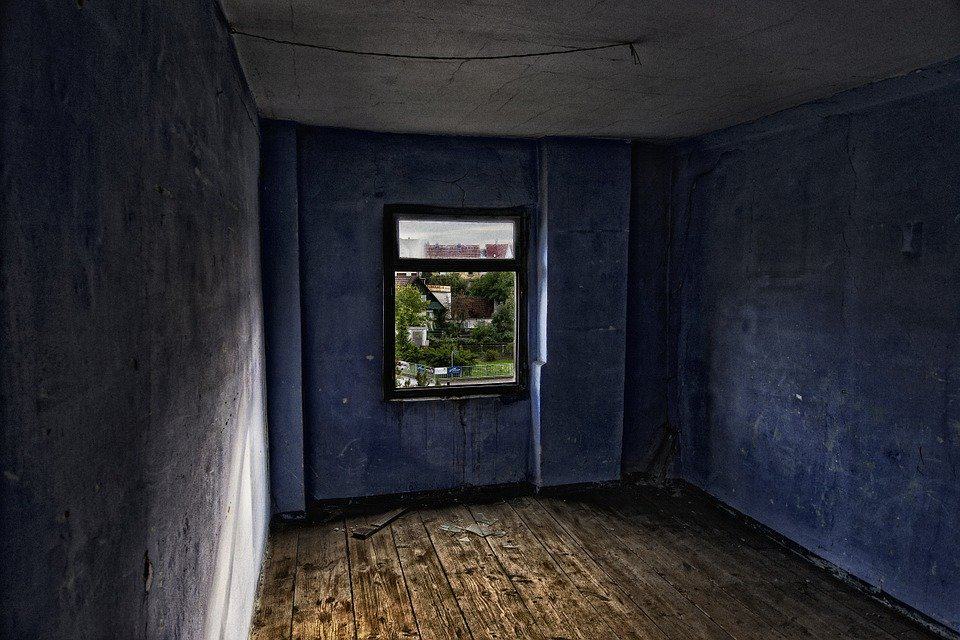AD | Collaborative post
Buying a new home is likely to be the biggest purchase any of us make in our lives – at least, that is, until we buy another home later in life. Without a doubt, it’s a purchase of exceptionally high value, and can involve a level of borrowing that some people aren’t comfortable with. That said, there is something beneficial to owning your own home, and it shouldn’t be minimised how important it can be to have something that is yours.
One way of ensuring that your borrowing levels are controlled is to look away from the splendid new-build homes and the charming, move-in ready places that so often change hands for prices that resemble a telephone number. If you’re ready to put in some work, the best way to get on the property ladder can be to invest in a fixer-upper. This term, coined some time ago and immortalised in song in the movie Frozen, refers to a place that needs some improvements, but has the potential to be great.
So where do you find a fixer-upper?
The good news is that, even in times like these where the housing market is somewhat stagnant, it’s never a bad time to buy a house that’s in disrepair. You can always get one at bargain basement price and, as long as you’ve researched it in advance, you’ll know what needs to be done to bring it up to scratch.
The key is to find a house that needs some work but has decent fundamentals, and most importantly is located in a favourable place. Once the house has been renovated and is market-ready, the location can not only sell it, but add considerably to the market price.
Is any dilapidated home a fixer-upper?
Not exactly. Sometimes a house which appears to be a fixer-upper is in fact a money pit – the fixer-upper’s evil twin. These are houses which evidently need some work to bring them up to market value but, on closer inspection, will need a lot more than minor structural improvements. If a house has faulty wiring, missing windows or other major faults and is in an unfavourable location, then give it a miss. No matter how much you might end up selling it for, you’re unlikely to ever get your money back.
Who should I consult to ensure my fixer-upper works out?
It is strongly urged that you consult with surveyors who will be able to identify where work is essential. You should also work with architecture firms on any of the most important structural work. Whether you intend to live in the finished product, or sell it on for a profit, you’re going to end up in a much better position if you have worked with experts on turning the property around. By all means, you can do a lot of the work yourself, but expertise comes with experience, and these professionals will give you invaluable guidance.
Buying and fixing up a fixer-upper can be one of the most rewarding projects you undertake, but you need to make sure you go into the process with eyes wide open.
PIN IT FOR LATER


